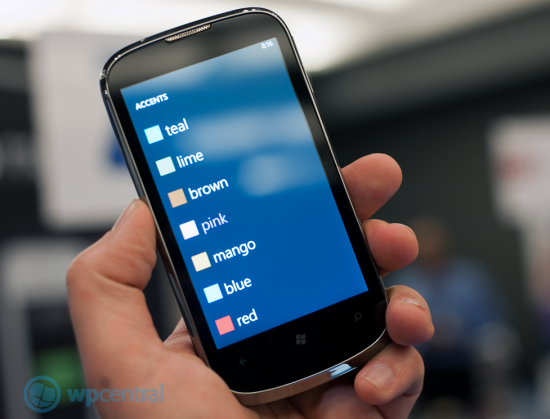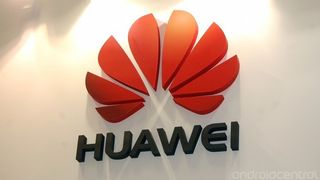Windows Phone partners Huawei and ZTE labeled security threat by the US

The Samsung Focus or ZTE Orbit?
The US Congressional Intelligence Committee has labeled Huawei and ZTE as security threat to the US and is advising firms to not do business with them. This follows after an 11-month investigation into both companies where their cooperation on certain matters was, according to the committee, sufficiently lacking.
The charges (at least for Huawei) go back a few years here in the US where they were accused of high-level espionage of Nortel, with some even alleging that their IP theft helped destroy the company (see the excellent CNBC documentary on it here).
Cisco and Motorola have also accused Huawei of either stealing IP or their own employees to gain knowledge of those companies. In addition, charges of bribery, corruption and discriminatory behavior have been alleged too.
Now, the US government is actively advocating that both companies be blacklisted here due to their closeness to the Chinese government. The request though falls short of an outright boycott of the firms. The claim is so bold that we’ll reprint it the entire quote from US Congressman Mike Rogers who spoke with 60 Minutes:
“If I were an American company today, and I'll tell you this as the chairman of the House Permanent Select Committee on Intelligence, and you are looking at Huawei, I would find another vendor if you care about your intellectual property, if you care about your consumers' privacy, and you care about the national security of the United States of America."
Whether or you not you agree with the claims, this positioning of the US government and the exposé by the respected news program 60 Minutes will have a huge impact on both companies trying to do business here in the States.

Huawei and ZTE have both announced intentions for Windows Phone 8 handsets with Microsoft giving the nod to both companies. ZTE has repeatedly gone on record that they want to enter into the US market (see our previous coverage) and they recently did so on US Cellular with the ZTE Render (aka Orbit). Huawei are reportedly looking towards early 2013 for their first Windows Phone 8 handset.
Get the Windows Central Newsletter
All the latest news, reviews, and guides for Windows and Xbox diehards.
However, we should point out that the committees’s claims pertain only to “devices that involve processing of data on a large scale” e.g. larger-scale networks, routers and other mass computer technologies.
Smartphones, for their part, appear to be exempt from the findings. We also know that OEMs cannot really modify the Windows Phone OS in any significant ways, meaning a Huawei or ZTE phone should theoretically be invulnerable to any sort of nefarious data collection (what everyone here is probably thinking).
Having said that, clearly the damage is done—or just beginning—for both firms and it is unclear how Microsoft will respond to this situation, if at all.
We’ve reached out to Microsoft for a response.
Source: Reuters, 60 Minutes; via Android Central

Daniel Rubino is the Editor-in-chief of Windows Central. He is also the head reviewer, podcast co-host, and analyst. He has been covering Microsoft since 2007 when this site was called WMExperts (and later Windows Phone Central). His interests include Windows, laptops, next-gen computing, and wearable tech. He has reviewed laptops for over 10 years and is particularly fond of 2-in-1 convertibles, Arm64 processors, new form factors, and thin-and-light PCs. Before all this tech stuff, he worked on a Ph.D. in linguistics, performed polysomnographs in NYC, and was a motion-picture operator for 17 years.